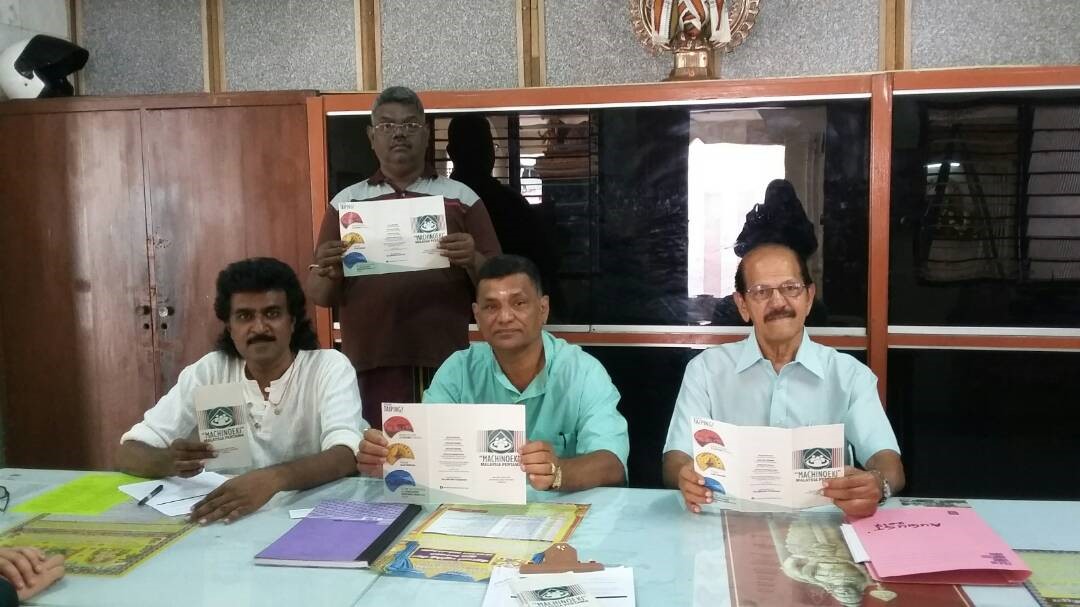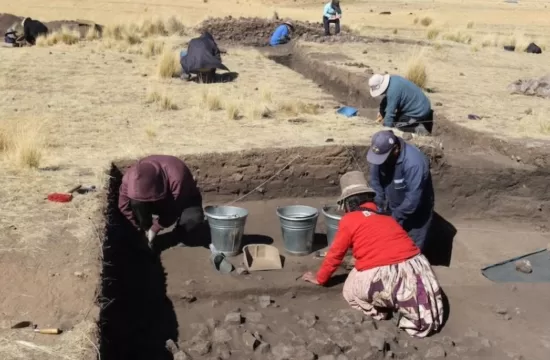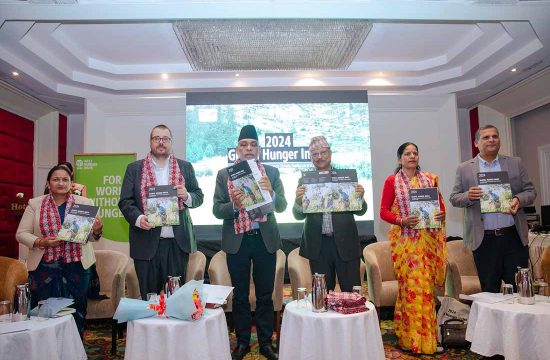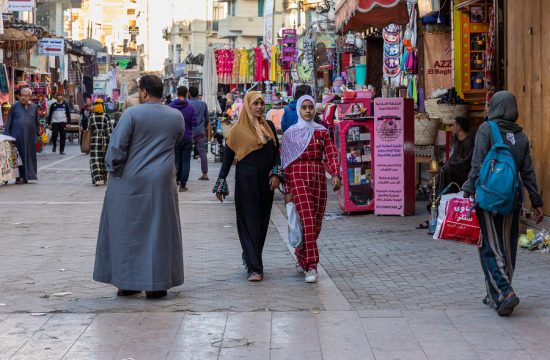The cognizance in Machinoeki concept is to provide pedestrian a resting place, get some information about the town, and a pit stop for toilet use. Researchers from University of Malaya try to implement the Machinoeki concept in Taiping, Perak, Malaysia.

Credit : Dr. Yong Adilah binti Shamsul Harumain
In 2010, Taiping has been recognized as one of the heritage towns in Malaysia under the National Physical Plan 2 by the Ministry of Urban Wellbeing, Housing and Local Government. Old buildings in the town remained intact although some were completely gone. These features are the salient sources for conferring such township, therefore, they need to be sustained through the concept of Machinoeki.
The biggest challenge for implementing this concept in a developing country and multi-cultural community such as Malaysia is volunteerism. As one of the core elements is to provide free toilet and hospitality, community learns to give, tolerate and create interchanges. Challenges for the local authority also lie on to the viability of this project as community mindset changes from “receiving” to working together with the local government. Public-private partnership between the local government and community will improve urban management, particularly to revitalize historical town like Taiping. Profound historical buildings’ architecture and designs, the multi-racial community living peacefully in a town like Taiping is a successful living proof of a heterogeneous community. As argued by Relph (1976) and Shamsuddin (2011), the attributes of buildings are more meaningful and distinctive when they facilitate or reinforce certain activity pattern. In a larger context, these activities not only influence the distinctiveness of the buildings but also the town itself as good towns with distinctive identities and characters need an element of chaos (Montgomery, 1995). The concept does not involve changes of any structures or constructing new building, unlike the conventional way where local government has to invest on constructing new building for resting areas and toilets.

Credit : Dr. Yong Adilah binti Shamsul Harumain
The introduction of Hentian Komuniti (Japanese Machinoeki) in Taiping shows the commitment of Taiping local authority in promoting good governance. This concept, officiated in late December 2017 at Taiping, Perak, is unique and first in Malaysia. Apart from relieving the local authorities in providing such services for tourists and visitors, this concept helps in building the capacity of participating premise owners and managers. Through involvement as service providers, premise owners will be able to come up with their own solutions related to infrastructure and materials available without relying much on the local authorities. In Japan, the concept of Machinoeki has proven to be able to enhance social capital of the communities through the network of Machinoeki masters. They are not only confined to their own businesses but are connected through events and campaign organizations. Having densely interconnected communities is an advantage to the community and its local authority in terms of working collectively and facilitate social actions to achieve a common goal.

Credit : Dr. Yong Adilah binti Shamsul Harumain
Hence, this concept is about hospitality, giving and getting involved in the community. Dr Yong Adilah Shamsul Harumain, the principal researcher of this project, investigates Machinoeki concept that embrace the beautiful culture of Japanese in hospitality to be applied in Taiping town. It is a great challenge and a huge leap to community involvement in Malaysia town planning. The research team is strengthened by the experts of Urban Management, Dr Nikmatul Adha Noordin and Building Control, Dr Nur Farhana Azmi. Professor Akinori Morimoto from Waseda University Japan and Dr Osada Teppei from Utsunomiya University Japan also work in hand in this research. This research is strongly supported by Machinoeki Japan and the representative of the organization, Ms Keiko Yoshida has visited Taiping twice to support the setting up of Machinoeki in Malaysia.






